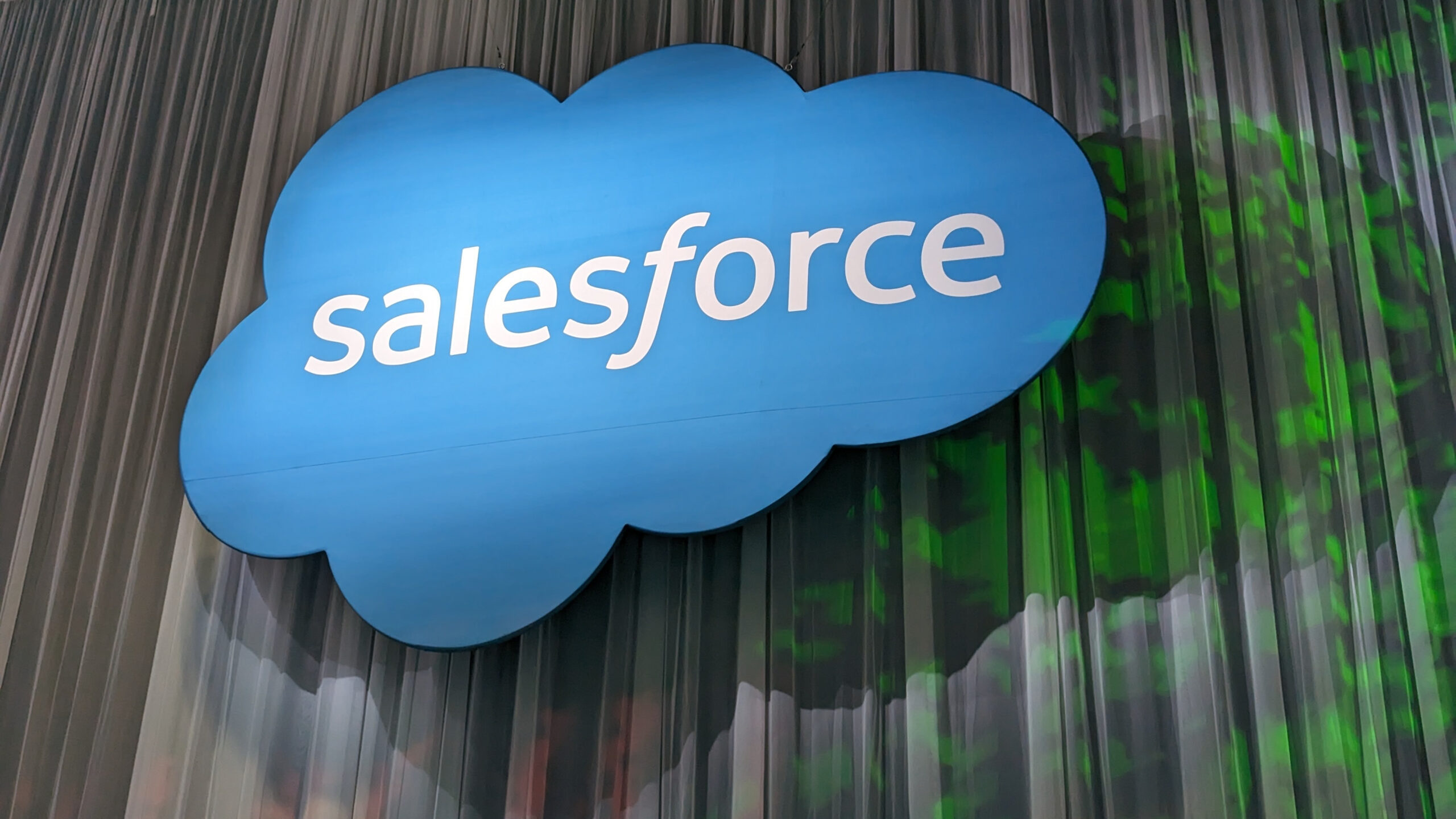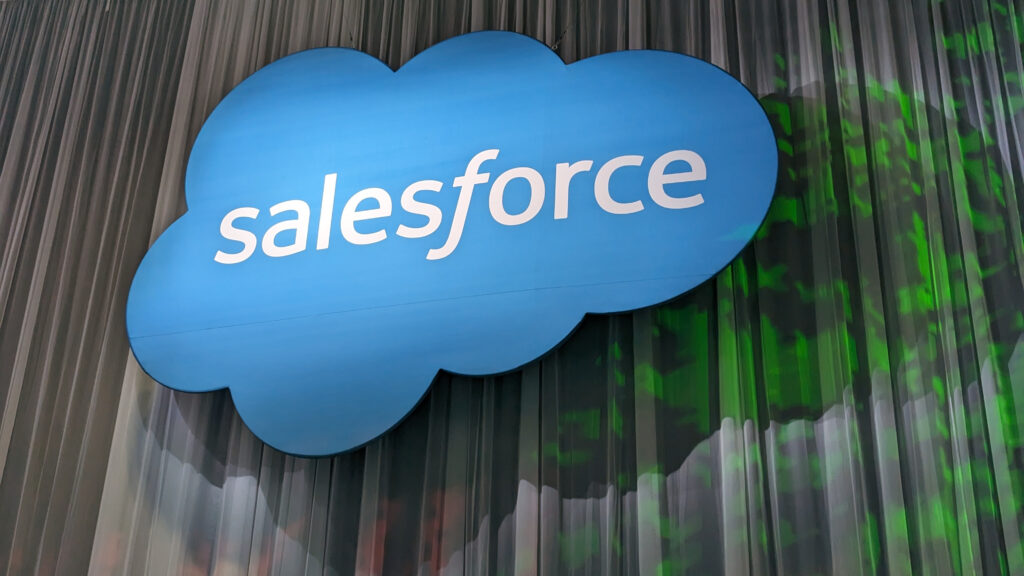Salesforce unveiled updates to its Data Cloud at the Dreamforce event in San Francisco on September 17, 2024. The refreshed version of Data Cloud includes innovations that enhance customer experience through data and artificial intelligence (AI).
Updates and availability
The latest Data Cloud version includes additions for unstructured data support, such as native processing of audio and video content, a standardized semantic data model for Agentforce agents and humans to interpret and use data consistently, improved search capabilities, real-time data activations, and additional data security and governance features to safeguard a company’s data.
For the latter, Data Cloud’s updates include processes that prevent exposure to unauthorized parties while using AI and improve the management of structured and unstructured data. The governance and security update also includes:
- AI tagging and classification to automate, organize and label unstructured data according to a firm’s business policies.
- Policy-based governance to achieve governance at scale through granular security policies based on tags, metadata, and user attributes.
- Customer-managed keys to manage an organization’s encryption keys so that data remains secure regardless of use.
- Private Connect for Data Cloud helps companies safely share and integrate their data between Data Cloud and public cloud environments through secure, direct network connections.
Data Cloud’s new customer-managed keys and sub-second real-time layer are generally available. Its Mulesoft Direct for Data Cloud feature will be available in beta mode by late September and will require a MuleSoft Anypoint Platform License to use. By October 24, Data Cloud One will be generally available, along with support for processing unstructured video content, which is currently in pilot mode.
The updated version’s Hybrid search will be generally available by November 2024, along with beta versions of AI tagging and classification and policy-based governance features. The Tableau Semantics feature, currently in pilot, will be generally available by February 2025.
Integration with Agentforce
Salesforce has indicated that Data Cloud was its fastest-growing organic product, with a 130% annual growth in paid customers. In Q2 2024, Data Cloud processed 2.3 quadrillion records with named customers including The Adecco Group, Aston Martin, FedEx, Kawasaki Motors Corp, Wyndham Hotels and Resorts, and Air India.
In fact, Salesforce noted that Air India is using Data Cloud to unify its data across loyalty, reservations, and flight systems. The singular source is now handling the airline’s over 550,000 service cases per month.
Data Cloud also provides customer data for Agentforce to make agents contextually aware and knowledgeable and adapt to customer needs. It also guides Agentforce with the next steps, like automating follow-up emails or passing detailed chat summaries to support human representatives while facilitating a seamless transition between AI and employees so that they use the same definitions and data for customers.
A new data community
Salesforce also announced a new Datablazer community at the San Francisco event on September 17. This online platform connects IT and business leaders, developers and Data Cloud enthusiasts to learn, share insights, and stay informed on best practices and data trends.




